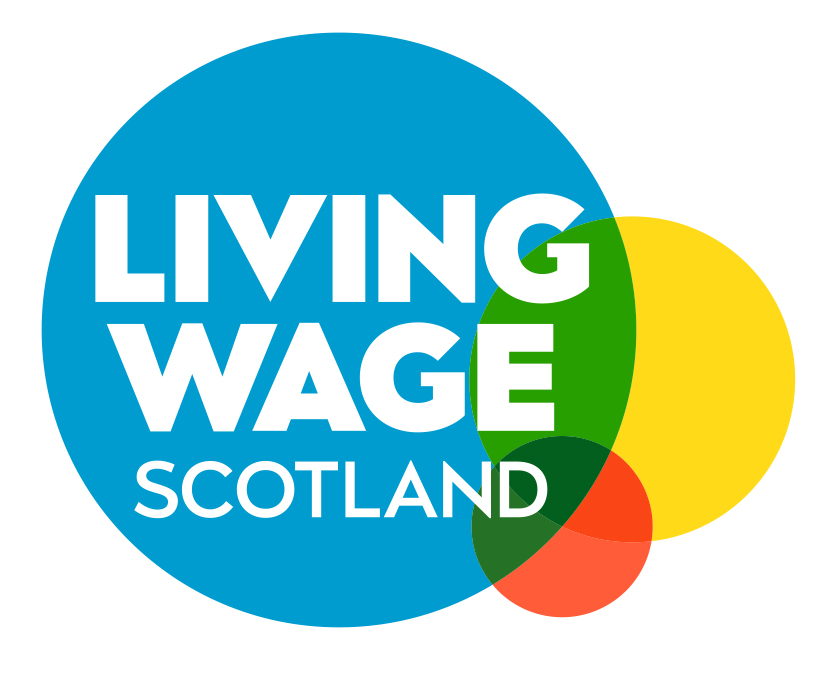By Gail Irvine, Living Wage Scotland Manager
The catchphrase of this year’s International Women’s Day is #BreakTheBias. We are asked to ‘Imagine a gender equal world. A world free of bias, stereotypes, and discrimination.’
Such a world feels hard to envisage from where we are today. However, if we consider how much women’s equality has advanced since the very first international Women’s Day was marked in 1911 there is cause for optimism that the destination of a gender equal world is navigable.
International Women’s Day is a time for celebrating women’s achievements in society – but also a day to spur further action. Beyond the call to ‘imagine’; this year’s International Women’s Day organisers set out three calls to action: raise awareness against bias; celebrate women’s achievements; and ‘take action for equality.’
Raise awareness against bias
From our vantage point at Living Wage Scotland, where we focus on tackling low pay and insecurity, women’s unequal experience of work remains stark. Living Wage Foundation research shows that women are less likely than men to be paid the real Living Wage – the only rate calculated to enable a minimum decent standard of living. In Scotland 16% of jobs held by women, compared to 12.5% of the jobs held by men, were paid below the real Living Wage. Although positively, there are fewer women earning below the real living wage in Scotland compared to the UK average. Across the UK as a whole, 20.4% of women’s jobs paid below real living wage compared to 13.9% of men’s.
There are many factors driving women’s disproportionate experience of low pay. One reason is that women workers tend to be clustered in low paid occupations such as cleaning, care work, hospitality and retail. For example, women make up 83% of the social care workforce and 96% of the early learning and childcare workforce in Scotland.
Another, linked reason is that women are disproportionately likely to care for children or relatives. Therefore, more women than men work part-time in order to combine earning with caring. There is a vicious cycle here. Part-time work is more likely to be low-paid: 27.9% of part-time jobs in Scotland compared to 8.9% of full-time jobs are paid below the real Living Wage. But low-paid work is more likely to offer the part-time schedules which carers, predominantly women, need. As well as offering lower hourly pay, part-time places a limit on take-home earnings (due to insufficient hours) and pay progression (due to part-time workers typically being looked over for promotion), trapping many women in low pay.
Celebrate women’s achievement
There is so much evidence pointing to the constraints and injustices that women continue to face in work and society. But there is also much to celebrate and recognise as progress.
We are now nearly two years since the start of the COVID-19 pandemic. At the onset of the pandemic there were genuine fears that women’s participation gains could be arrested or even thrown into reverse – with women more likely than men to have lost hours or income due to working disproportionately in shutdown sectors, and more likely if working from home to be combining work with childcare. During the first COVID lockdown, we saw an outpouring of concern and support for key workers at the frontline of the pandemic such as health and social care workers – the majority of whom are women. We heard renewed calls for these workers to receive better pay and working conditions that more fairly recognised their contribution to society.
So what has come of these fears and aspirations? Like so many things the picture is complex and imperfect, with losses as well as wins. Women took on more child and home care duties than men during lockdowns – but men took on more than they had before. The gender pay gap increased again during 2020 – but it had been narrowing markedly over the last several years. Many key workers have still not seen the improvements in their pay and terms and conditions that they deserve. But the number of Living Wage employers in Scotland has increased significantly during the pandemic: we recently celebrated the milestone of the 2,500th Living Wage Scotland employer. Around half of Living Wage social care employers in Scotland have become accredited in the last two years. While the Scottish Government funding for the real living wage in adult social care has also made significant progress in raising the wage floor in the predominantly female, historically low-paid social care sector.
Progress is not linear and always has to be fought for. But we should not be too defeatist when asked to imagine a gender equal world.
Take action for equality.
Lifting women out of low pay is only one part, and only the start, of what is needed to improve women’s equality. Yet research conducted by Living Wage Scotland in 2019 showed that women in part-time work were the most likely group of workers to benefit from Living Wage employer accreditation. So one of the key things we will do at Living Wage Scotland to take action for equality is to continue to grow the number of Living Wage employers in Scotland – paying particular attention to those low-paid industries where women are over-represented.
If you’re an employer who wants to do something to take action for equality, and commit to paying all your workers a fair day’s part for a hard day’s work, you could start by becoming Living Wage accredited. To talk to us about how to become accredited, and the benefits of being a Living Wage employer, please get in touch with us by emailing accreditation@povertyalliance.org.

